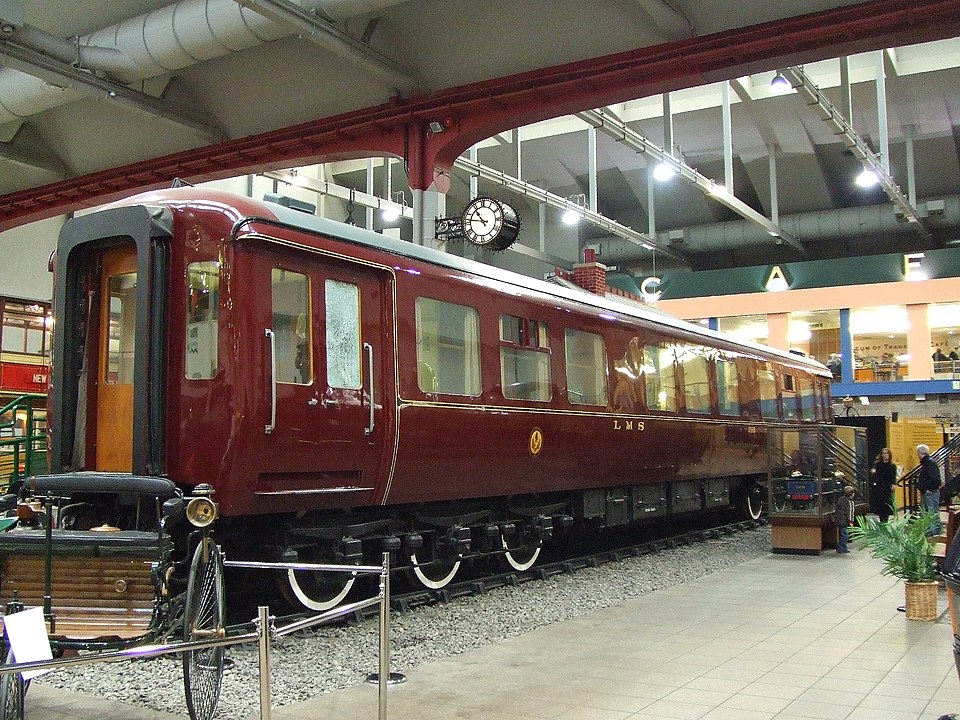
For the first time since the Victorian era, the British monarchy will retire its iconic royal train. King Charles III has decided to decommission the train as part of efforts to modernize the royal
household and cut costs.
Announced in the royal family's annual financial report, the king's treasurer, James Chalmers—Keeper of the Privy Purse—confirmed the decision, citing “fiscal discipline” as the main driver. Two helicopters will now be used instead for royal transport.
The nine-carriage train, which includes a coach built for Charles in the 1980s, will begin its retirement process next year. Chalmers noted the king had bid a “fond farewell” to the train, calling it a beloved symbol of British tradition.
"The royal train has been part of national life for decades," Chalmers said. "But just as we've modernized other parts of the royal household, it's time to let it go and allocate resources more wisely."
The Sovereign Grant, which funds royal duties and palace maintenance, remained at £86.3 million for the fiscal year ending in March 2025, but will rise to £132 million next year.
This move comes as King Charles resumes royal duties while continuing cancer treatment, demonstrating what Chalmers called “remarkable resilience.” The Princess of Wales, Catherine, who also faced a cancer diagnosis in 2024, is now in remission.
The royal train’s history stretches back to Queen Victoria in the 19th century. In recent years, Prince William and Princess Catherine used it in a 1,250-mile tour to thank key workers during the COVID-19 pandemic. The train had also been considered for transporting Queen Elizabeth II’s coffin after her death in 2022, though the plan was dropped due to security concerns.
Last year, scrutiny intensified after a media investigation revealed royal estates were profiting from the NHS, charities, and renters, all while enjoying generous tax exemptions.
After 156 years of service, the royal train's journey is coming to a close—symbolizing a shift toward a leaner, more modern monarchy. Photo by Hugh Llewelyn, Wikimedia commons.









































